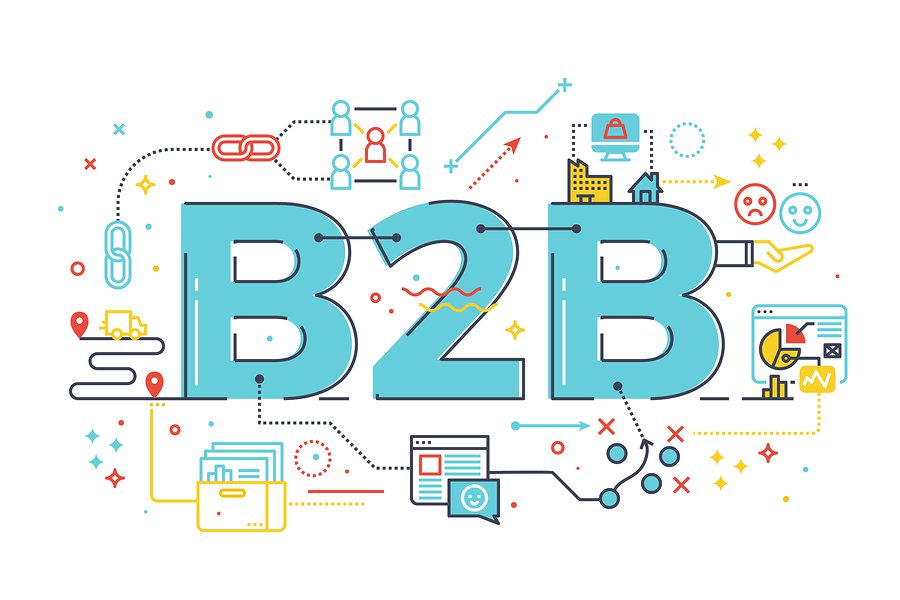America prides itself on the entrepreneurial spirit. Consequently, small business owners are increasingly becoming major key economic stimulators. When a small business owner decides to incorporate his or her business, that small business owner has just begun the process of creating a brand new and separate entity. Basic business law dictates that a corporation is a “separate and distinct legal entity having its own privileges and liabilities distinct from those of its member.”
Given this information, it then becomes essential and relevant that small business owners develop and maintain a unique and separate business profile. Every small business can and should establish their business credit. Just as it is important to maintain a personal credit profile, the same care, if not more, is needed to maintain a business profile.
The rules and regulations that govern business credit are totally different that the rules that govern your personal credit. Furthermore, the advantages as well as the necessities are apparent to some and not to others.
With the opportunities provided by government agencies, whether local or national, small business owners should be aware that an established business profile is valuable and necessary when partnering with the government for contracts and other ventures.
Additionally, limiting or avoiding personal liability is another key factor why a small business owner needs to be aware of and develop his or her business profile history. Purchasing goods or services under the name of a properly structured business entity can possibly afford the owner or owners some personal protection if the business finds itself in a position of litigation or debt.
The long term gain of a properly maintained business credit profile can afford the small business owner with better financing terms. A financial institution today will usually take into consideration a company’s business credit profile when making business loan decisions. This can also assist in receiving S.B.A. backed loans. Additionally, retailers and vendors can offer great revolving terms or net terms all based on your company’s business credit history.
As a result, when possible, attempt to do business with companies that report your payments to the business credit agencies. This can be a huge plus in developing your corporate credit profile.
Another aspect associated with establishing and maintaining a business credit profile comes in the form of creditability. As well as appearing legitimate to the banks, suppliers or vendors that you do business with, your business credibility can be scrutinized and looked over by individuals as well.
More and more individuals are willing to explore a small businesses’ credibility by actually reviewing the company’s business credit history. This gives information such as – How long has the company been in business. Are they paying their bills on time? Does this company have any judgments or liens against them that the individual should be made aware of?
For example, Joe Smith can take a look at ABC Roof and Repair Inc, and find out if any judgments or liens were ever placed against the company for possible faulty work. This can be a valuable tool when deciding to choose a contractor for major projects.
Business credit can be understood and achieved by any properly structured organization. Whether you are a mobile business, storefront, street vendor, personal trainer, stylist, personal barber, eBay seller, home business or consultant, it is beneficial to you as a business owner to understand the basics creating and maintaining your business credit profile.
Related posts
Ideas for updating your workplace
Digital marketing results
Why security matters for staff morale
Quick Cook!
Business to Business Marketing – Its Variations in Strategy
Business to business and business to consumer marketing types have basically exactly the same fundamental concepts. Both choose target markets…
Recent Posts
- Brighten Your Home: A Comprehensive Guide to Smart Lighting Systems
- Insulate and Innovate: Discover the Best Types of Home Insulation for Optimal Energy Efficiency
- Chatbots Unveiled: Revolutionizing Customer Engagement in the Digital Era
- Pioneering the Path: Unveiling the Future Trends and Technologies Shaping Content Marketing
- Unveiling the Art of Marketing: Strategies for Success
Archives
- April 2024
- February 2024
- December 2023
- September 2023
- August 2023
- July 2023
- June 2023
- May 2023
- April 2023
- March 2023
- October 2022
- September 2022
- August 2022
- July 2022
- April 2022
- March 2022
- January 2022
- December 2021
- November 2021
- October 2021
- August 2021
- June 2021
- May 2021
- April 2021
- February 2021
- January 2021
- December 2020
- June 2020
- April 2020
- March 2020
- February 2020
- January 2020
- October 2019
- September 2019
- August 2019
- July 2019
- June 2019
- April 2019
- February 2019



